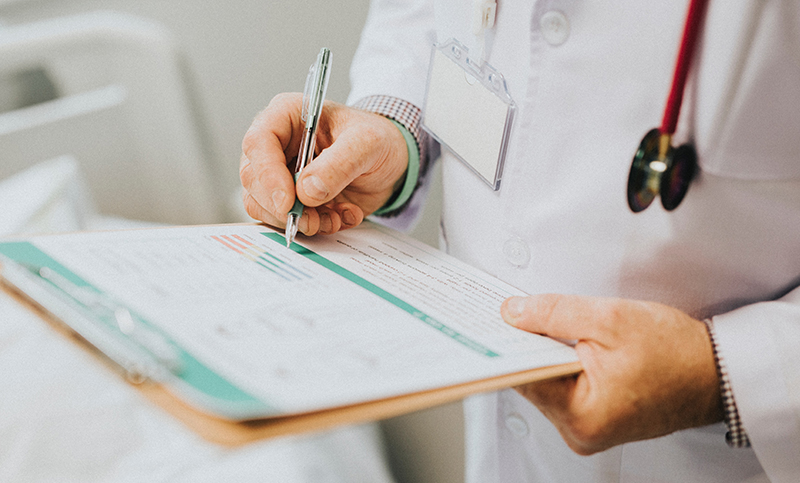What is chemotherapy?
What is chemotherapy?

Cancer is a disease in which abnormal cells divide uncontrollably and destroy parts of the body’s tissue or organs. There are more than one hundred forms of cancer which have varying effects on the body, with many being devastating and putting the body at extreme risk.
There are many forms of treatments available to manage or cure cancer, with chemotherapy being one of the most well known. But what is chemotherapy, what does it involve and what are its side-effects? Read on to find out.
What is chemotherapy?
Chemotherapy is the use of drugs which are designed to destroy cancer cells. In chemotherapy, a number of drugs may be combined and given at the same time; however, sometimes, only one drug is used. Chemotherapy can be used as a cancer treatment before or after surgery or radiation therapy, or sometimes together with radiation therapy.
How is chemotherapy provided?
There are a number of ways in which chemotherapy can be provided to a cancer patient. The way in which treatment is provided will depend on the individual patient, their type of cancer, as well as other treatments and medications they may be on. The most common ways that chemotherapy can be provided are:
- orally
- topically (usually as a cream)
- directly into the organ or tissue which is affected by the cancer
- through a needle
Why do health professionals recommend chemotherapy?
There are a number of reasons why a healthcare practitioner will suggest chemotherapy as a suitable cancer treatment. Benefits of chemotherapy include:
- Chemotherapy can destroy all the cancer cells and cure the disease (in some forms of cancer)
- Chemotherapy can reduce the chance of cancer coming back.
- Chemotherapy can shrink a cancer before a patient receives surgery or radiation therapy
- Chemotherapy can shrink a cancer, to improve symptoms and to prolong life in cases where a complete cure is not possible.
Receiving chemotherapy
Chemotherapy is usually given during the day in a hospital or treatment centre. Sometimes a short stay in hospital is necessary if it is a more complicated chemotherapy treatment. In some cases, you can have chemotherapy treatment at home. A doctor will discuss a timetable for treatment based on the patient’s unique needs. Usually, several treatment cycles will be involved, which may be given over days, weeks, months or for some, on a long-term basis.
Side-effects of chemotherapy
Chemotherapy can produce side-effects in some but not all people. Different chemotherapy drugs cause different side-effects. Most are often temporary and can be treated or managed. It is important to note, however, that side effects do not signify whether a treatment is working or not. Possible side-effects include:
- nausea and vomiting
- diarrhoea or constipation (often due to anti-nausea medication)
- fatigue (tiredness)
- anaemia
- mouth sores or ulcers
- increased risk of infection
- increased risk of bruising
- hair loss
- muscle weakness
- skin sensitivity to sunlight (specific drugs only)
- dry or tired eyes
- changes in appetite.
Cancer is a disease which presents significant challenges which no one has to undergo alone. It is important to talk to a trusted healthcare professional before making any decisions about cancer treatment. If you have any questions or would like to book an appointment, please feel free to contact or call Dr Arianayagam’s office on 1300 307 990 and his staff will be able to assist.

Why Does Testicular Pain Persist? Common Causes to Know
Testicular pain is relatively common; however, when it becomes severe and long-lasting, there may be some cause for concern. This…

Everything You Need to Know About Sperm Health
It is not uncommon for men to have troubles with their sperm production, or to develop a sperm disorder. But…






